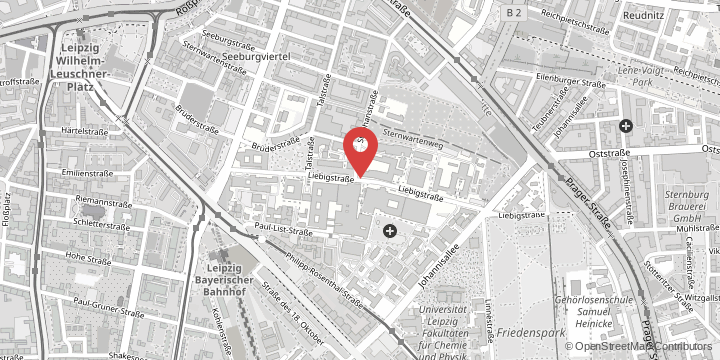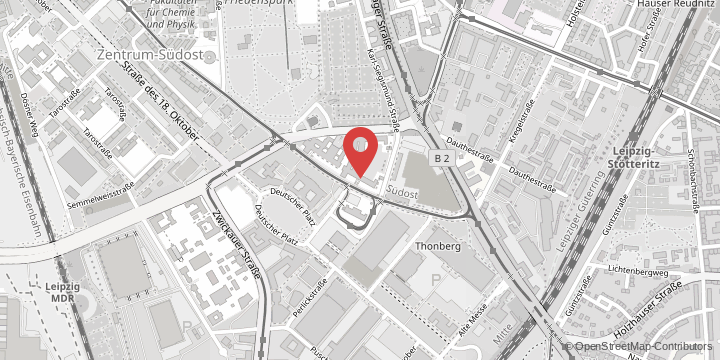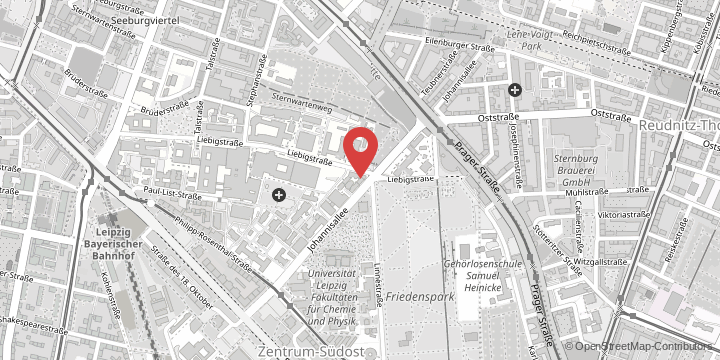In doctoral and postdoctoral research, conflicts can arise between doctoral researchers, postdocs, supervisors and other parties for a variety of reasons. If you are unable to resolve a conflict yourself, there is the option of contacting the University’s conciliators in confidence. They are available for impartial consultations.
Conflict Mediation at Leipzig University
Possible causes of conflict between doctoral researchers, postdocs, supervisors or other parties include interpersonal differences, excessive demands on a person’s time or violations of the supervision agreement. Cases of abuse of power, insults and humiliation can also occur – in vary degrees of severity – during the academic career development phase. It is the conciliators’ task to mediate and to advise, to ascertain the facts and to hear all parties involved in order to ultimately work out solutions. The conciliators are independent, i.e. not bound by instructions, and are committed to the principles of confidentiality, neutrality and fairness. They are appointed by the Rectorate for a term of two years and are available to all persons in the academic qualification phase as well as their supervisors as a neutral point of contact: doctoral researchers, postdocs and (supervising) professors from all of Leipzig’s faculties, with the exception of the Faculty of Medicine. The office is currently held by Professor Andreas Schüle (Faculty of Theology) and Dr Nadja Walter (Faculty of Sport Science). Members of the Faculty of Medicine should contact its Ombudsperson for Doctoral Researchers directly, Professor Johannes Hirrlinger.
The conciliators provide a straightforward, non-bureaucratic approach to discussing conflicts in connection with academic qualification before they become more acute. The mediation of conflicts goes through several stages:
- Initial contact
If you experience a conflict in connection with your academic qualification phase, please contact either the conciliators directly (by telephone or email; see below for contact details) or Maria Melms (Research Integrity Coordinator). It provides the conciliators with organisational assistance and can put people in touch with them if they wish to.
In an initial confidential meeting, you can describe the conflict to the conciliator, seek advice and decide together how to proceed. All cases are documented anonymously. - Conciliation procedure
The conciliator prepares an independent assessment of the conflict situation and mediates between the conflicting parties if requested. If the conflict can be settled to the satisfaction of everyone involved, the conciliation ends.
If conciliation is not possible, for example due to suspected academic misconduct, then the conciliator may, in consultation with you, refer the case to the Office of Ombudspersons at Leipzig Universty.
All steps are always taken in consultation with the person whose first raised the conflict.
- UniWiND (2020)
UniWind-Online-Symposium 2020. Workshop 3, Ombudswesen und Schlichter/innen: Aufgaben, Funktionen und die Rolle von Graduierteneinrichtungen. - Nature Index (2020)
How to choose the right PhD supervisor. - DFG (2019)
Guidelines for Safeguarding Good Research Practice, Code of Conduct. - Leibniz PhD Network (2019)
Machtmissbrauch und Konfliktlösung, Positionspapier. - Qualitätszirkel Promotion (2018)
Gemeinsam die Promotion gestalten - Handlungsempfehlungen für Betreuende und Promovierende. - UniWiND (2014)
Betreuung Promovierender. Empfehlungen und Good Practice für Universitäten und Betreuende.

































































